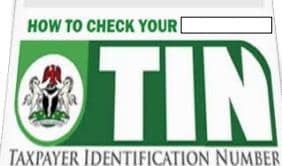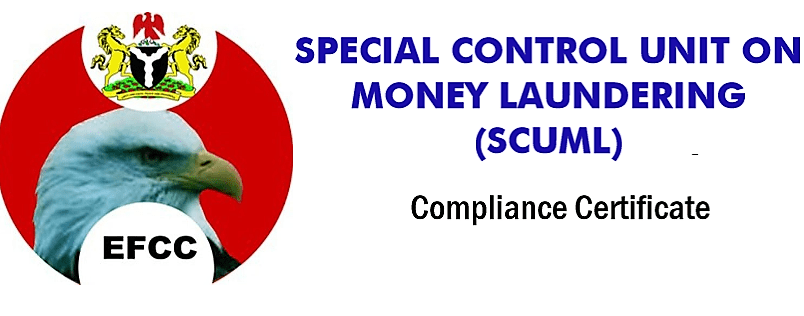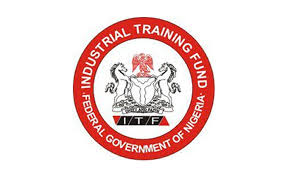What is Industrial Training Fund (ITF)
In Nigeria, the Industrial Training Fund (ITF) stands as a beacon of hope for individuals seeking to enhance their skills in various industries. Established under the Industrial Training Fund Act of 1971, the ITF has been instrumental in bridging the gap between education and industry by providing avenues for practical training and skill development.
Understanding the Industrial Training Fund (ITF): The ITF operates under the mandate to promote the acquisition of skills in industry and commerce, thereby bolstering productivity and efficiency in the Nigerian economy. Its core objectives include providing training facilities, establishing standards in industrial training, and fostering vocational guidance. Through a range of programs, the ITF strives to equip individuals with the requisite skills and knowledge to excel.
Key Programs and Initiatives:
- Employer Reimbursement Scheme: Employers who engage in the training of their workforce can benefit from reimbursement of training expenses incurred.
- Training Workshops and Seminars: The ITF organizes workshops and seminars across various industries, addressing key challenges and trends. These events serve as platforms for knowledge exchange, skill enhancement, and networking opportunities for professionals and entrepreneurs alike.
- Skills Acquisition and Empowerment Programs: In collaboration with partner institutions, the ITF offers skills acquisition programs aimed at empowering unemployed youths with practical skills in areas such as technology, agriculture, and entrepreneurship. These programs play a crucial role in youth empowerment and economic development.
How to Access the Industrial Training Fund:
- Registration: Individuals or organizations interested in accessing the benefits of the ITF must first register with the organization. This typically involves filling out registration forms and providing necessary documentation.
- Proposal Submission: Employers seeking reimbursement for training expenses or individuals interested in participating in ITF-sponsored programs may need to submit proposals outlining their training needs, objectives, and expected outcomes.
- Compliance: It is essential to comply with the guidelines and requirements set forth by the ITF to ensure eligibility. This may include adhering to training standards, maintaining accurate records, and fulfilling reporting obligations.
- Engagement: Actively engaging with the ITF through participation in workshops and seminars can facilitate access to its resources and opportunities. Building relationships with ITF representatives and staying informed about upcoming events is key to maximizing benefits.
HOW TO APPLY FOR ITF CERTIFICATE.
- A prospective Employer is expected to complete ITF Form 7A
- The completed Form 7A is to be submitted to the nearest ITF Area Office along with:-
(a) A copy of the company’s Corporate Affairs Commission’s Certificate of Incorporation.
(b) Certified true copies of the company’s Audited Account.
(c) A copy of the company’s Tax Clearance. - The company will be assessed for its liability by ITF Revenue, Inspectorate and Compliance Officers.
- The client will then generate RRR through the ITF Pay-portal or Remita platform.
- After generating the RRR, the client will take same to the Bank for payment of Training Contribution.
- After payment, the client will bring the printout of payment and duplicate Teller from the Bank to ITF Office.
- Hard copy of receipt and acknowledgment letter will be issued to the client.
- The ITF Area Office will then forward the employer details as contained in the form 7A to Headquarters’ Revenue, Inspectorate and Compliance Department for issuance of ITF National Number.
- The ITF National Number will then be sent to the Area Office for Scripting and issuance of Certificate of Compliance.
- A Certificate of compliance will be given to the client as evidence of compliance with the ITF Act.
Conclusion: The Industrial Training Fund serve is a cornerstone of skills development and capacity building in Nigeria, offering a myriad of opportunities for individuals and organizations alike. By understanding its programs, initiatives, and access procedures, individuals can unlock the full potential of the ITF to enhance their skills, advance their careers, and contribute to the growth and development of the Nigerian economy.
For more information on ITF you can schedule a consultation with us today and you will be glad you did.
You can reach us on
E-mail: care@sowprofessional.com
Website: www.sowprofessional.com
Phone: 07038254989
Whatsapp: 07038254989


JTB TIN
JTB TIN JTB TIN registration in Nigeria is process by Tax Agency of the country.…

SCUML Requirements in Nigeria
What is SCUML? SCUML Requirements in Nigeria. SCUML stands for Special Control Unit against Money…

